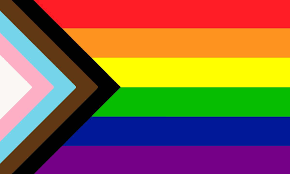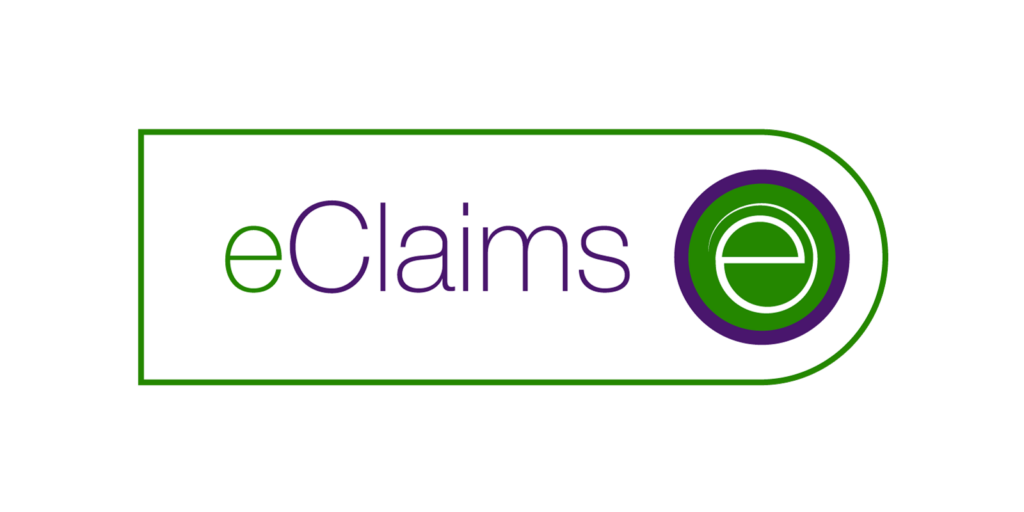Letting go of childhood trauma is a complex and individual process that can take time, self-compassion, community-care, and practice. Childhood trauma is not always rooted in a singular traumatic event, but can be rooted in chronic neglect in many areas. Healing from trauma is not a linear path, and may feel circular at times. Past trauma is often living in our bodies today, and your childhood trauma is not the exception. You might be living in an adult body, however, your emotional, psychological, and/or physical sense of: safety, belonging, control, and/or beliefs may be at a younger age.
Childhood trauma may intersect with race, gender, and disability. Some individuals, because of race and gender, are not allowed to be children. There have been a few studies of the adultification of Black children which has led to increased risk sexual abuse and punishment/incaration. When children are not allowed to be children because of racism and/or misogynoir, there is little to no acknowledgement of trauma.
Releasing childhood trauma can be a complex experience, and requires a multi-discipline approach to care. Here are some suggestions:
Seek Professional Help: A therapist specializing in childhood trauma can provide the right therapeutic approach to healing. Therapeutic approaches such as trauma-focused therapy, EMDR, play therapy, and/or somatic therapy can be particularly effective.
Understand the Impact: Educate yourself about the effects of childhood trauma on the brain, body, and behavior. There are several books available that discuss childhood trauma written by mental health professionals. Understanding the impact of harm can help develop a self-compassion approach towards yourself. Self-compassion shifts our emotions and beliefs.
Identify Triggers: If possible, recognize the triggers that remind you of the traumatic experience. In childhood, your brain is developing and forming, and depending on the developmental stage in which you experience your trauma, your triggers may not be linear. Triggers can be sounds, sensations and smells and there may not be conscious memory attached to the trigger. If you do not have a conscious memory, but you are noticing you are dysregulated by your senses and/or emotions, then you are most likely experiencing a trigger. Understanding these triggers can help you develop strategies to manage them.
Express Emotions: Allow yourself to feel and express your emotions. This might look like becoming comfortable with identifying emotions and allowing yourself to feel them. Emotions can be expressed through dance, movement, journaling, singing, and/or with trusted people.
Build a Support System: Unfortunately childhood trauma can impact your ability to trust others and yourself; however, a support system is needed to heal. This could look like individual and group therapy for childhood abuse; peer support groups; family; and/or friends. Our inner child needs to be supported by kind and welcoming emotionally regulated adults.
Connect with Your Inner Child: Inner child work is a therapeutic approach that involves addressing and healing the wounded aspects of your inner child. This could be done through visualizing your younger self at various ages with self-compassion, care, and love. This can help to fill in missing information needed for your wound to heal. Learning to reconnect with your inner child in a calm environment can build an alliance between adult and child self which can foster a sense of safety inside.
Professional Bodywork: Triggers are often held in the body, and need to be taught how to release. Trauma informed massage therapists, acupuncturists, and naturopathic doctors, and/or reiki practitioners can help release physical tension and promote relaxation. It is important to discuss your trauma history with the practitioner before undergoing any treatments.
Remember that healing from childhood trauma is not a linear or prescriptive journey. Practice being patient, curious, playful, and compassionate in your journey. A trauma informed therapist can provide personalized treatment for your symptoms. Give yourself permission to try different therapies and movements to rewire your mind and body to receive towards safety.




